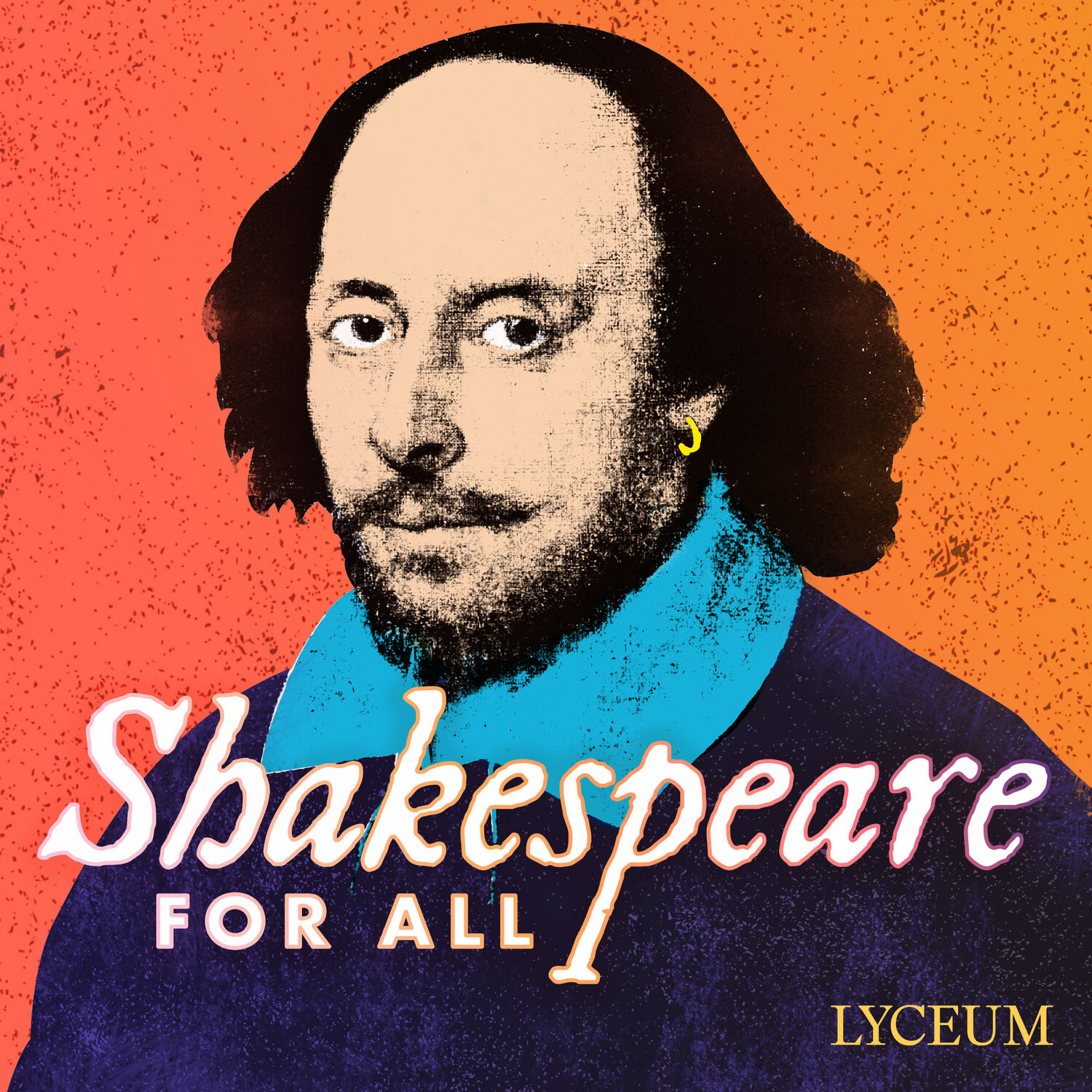Troilus and Cressida
“AND THAT’S THE QUARREL”
What You'll Learn
The story of Troilus and Cressida
What the Trojan literary tradition represented and how Shakespeare rewrites that tradition
How and why Shakespeare substitutes cynicism for sympathy in his single work of satire
Course Outline
Episode 1: Summary of the play with literary context
Episode 2: Analysis of the play’s sources, its rewriting of those sources, and its genre of satire
Episode 3: Actors’ recordings of key speeches from the play and discussion of those speeches
Works Consulted for this Course
Cohen, Walter. “Introduction,” Troilus and Cressida, in Shakespeare, William. The Norton Shakespeare. Edited by Stephen Greenblatt, Walter Cohen, Suzanne Gossett, Jean E. Howard, Katharine Eisaman Maus and Gordon McMullan. 3rd ed. New York: W. W. Norton & Company, 2016.
Garber, Marjorie B. Shakespeare After All. New York: Pantheon Books, 2004.
Harris, Jonathan, Gil. “A Modern Perspective: Troilus and Cressida.” Folger Shakespeare Library. <https://shakespeare.folger.edu/shakespeares-works/troilus-and-cressida/troilus-and-cressida-a-modern-perspective/>
Rogers, Jami. “Cressida in Twenty-First Century Performance.” Shakespeare (London, England), vol. 10, no. 1, Routledge, 2014, pp. 56–71, https://doi.org/10.1080/17450918.2013.766235.
Shakespeare, William. Troilus and Cressida. Edited by David Bevington. The Arden Shakespeare. London: Bloomsbury Arden Shakespeare, 2015.
Tylee, Claire M. “The Text of Cressida and Every Ticklish Reader: Troilus and Cressida, The Greek Camp Scene.” Shakespeare Survey, vol. 41, Cambridge University Press, 1989, pp. 63–76, https://doi.org/10.1017/CCOL0521360714.007.
The story of the Trojan War is one of the oldest in Western civilization. Famously recounted by the ancient Greek poet Homer and the classical Roman poet Virgil, it was told and retold throughout the European Middle Ages and Renaissance. Many Troy traditions were available to Shakespeare when he set out to write his own Trojan tale – and in this shocking satire, he wages war against them all. Shakespeare’s Troilus and Cressida intensifies the cynicism, wipes out the romance, and reverses the heroism found in earlier Troy tales. The result often proves unloveable – but in the decades since World War I, in the wake of military and political crises, its skeptical, satirical voice has also proved to be just the voice we need. In this course, you’ll learn the story of Troilus and Cressida, examine the literary traditions behind the play, and discover how and why Shakespeare twists those sources to create his one and only satire.
In Part 1, you’ll be guided through a detailed account of the story with commentary by James Simpson, Donald P. and Katherine B. Loker Professor of English at Harvard University. This episode introduces the play’s literary context and its own satiric stance and recounts the story with the language of the play itself, placing key quotations in context to help you understand where these lines come from and what they mean.
Part 2 begins with a closer examination of the play’s major sources, especially Homer’s Iliad, a story of war, and the medieval poet Chaucer’s Troilus and Criseyde, a story of love. It goes to examine how Shakespeare undermines these literary traditions, particularly by showing the overlap of love and war in this play — how erotic relationships became the field on which men play out their rivalries with each other. It then analyzes the striking differences between Chaucer’s depiction of Cressida and Shakespeare’s, to conclude by asking why Shakespeare would create such a corrosive, demystifying revision of this central cultural story — and why it’s so valuable for us today.
Part 3 features close-readings of three key speeches that uniquely reflect the corruption and cynicism of this play-world – either in lamenting it, or increasing it.
You can hear the third episode of this course for free below. For access to the full course and all of Season Two, subscribe today on Himalaya Learning. Use the promo code BARD for 30 days free.
Speeches and Performers
Ulysses, Act 1, “Troy, yet upon his basis, had been down …” (Rob Myles)
Ulysses, Act 1, “The great Achilles, whom opinion crowns …” (Rob Myles)
Pandarus, Act 5, “A goodly medicine for my aching bones…” (Austin Tichenor)
Course Instructor
James Simpson
Donald P. and Katherine B. Loker Professor of English at Harvard University
James Simpson is Donald P. and Katherine B. Loker Professor of English at Harvard University (2004-). His most recent books are: Burning to Read: English Fundamentalism and its Reformation Opponents (Harvard University Press, 2007); Under the Hammer: Iconoclasm in the Anglo-American Tradition (Oxford University Press, 2010); and Permanent Revolution: The Reformation and the Illiberal Roots of Liberalism (Harvard University Press, 2019). He is co-editor, with Christopher Cannon, of The Oxford Chaucer (forthcoming).



